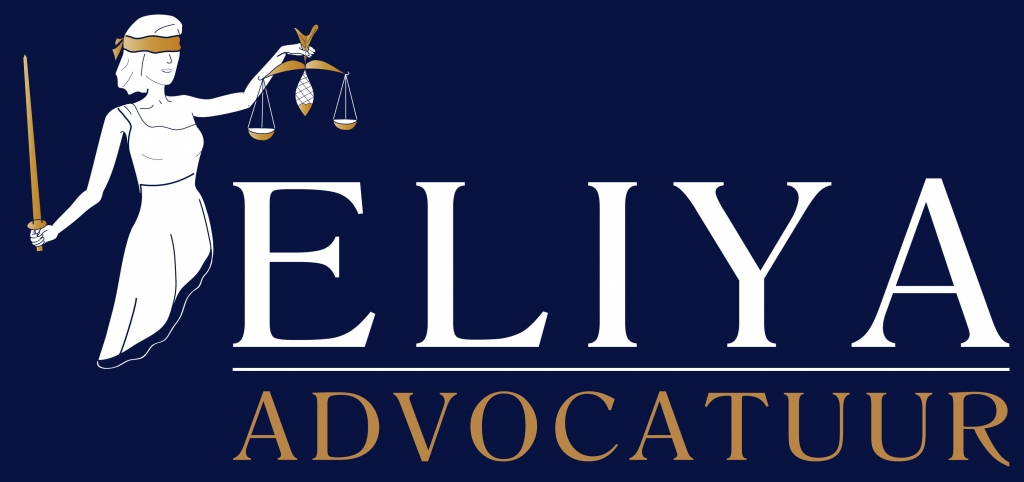When two or more companies decide to work together on a project, they may enter into a joint development agreement (JDA). This agreement sets out the terms of their collaboration and allocation of resources, including intellectual property (IP) ownership and rights.
A sample joint development agreement for intellectual property should include specific provisions that address the following:
1. Ownership of IP: The agreement should clearly state who owns the intellectual property rights to the project. In some cases, the IP may be jointly owned by both parties, while in other cases, one party may own all the IP rights.
2. Licensing rights: If one party owns the IP, they may grant a license to the other party to use it for the purpose of the project. The agreement should outline the terms of this license, including any restrictions on use or transfer.
3. Confidentiality: It is important for the parties to agree on how they will share confidential information related to the project. The agreement should include provisions on confidentiality and nondisclosure to ensure that both parties protect each other`s intellectual property.
4. Dispute resolution: If a dispute arises between the parties over IP ownership or use, the agreement should provide a mechanism for resolving the dispute, such as arbitration or mediation.
5. Termination: The agreement should outline the terms for how the parties may terminate the joint development agreement, including provisions for what happens to the IP rights after termination.
Ultimately, a well-drafted joint development agreement for intellectual property should protect the rights of both parties and ensure that each party benefits from the collaboration. If you are entering into a JDA, it is important to consult with a qualified attorney to ensure that the agreement meets your needs and protects your interests.












